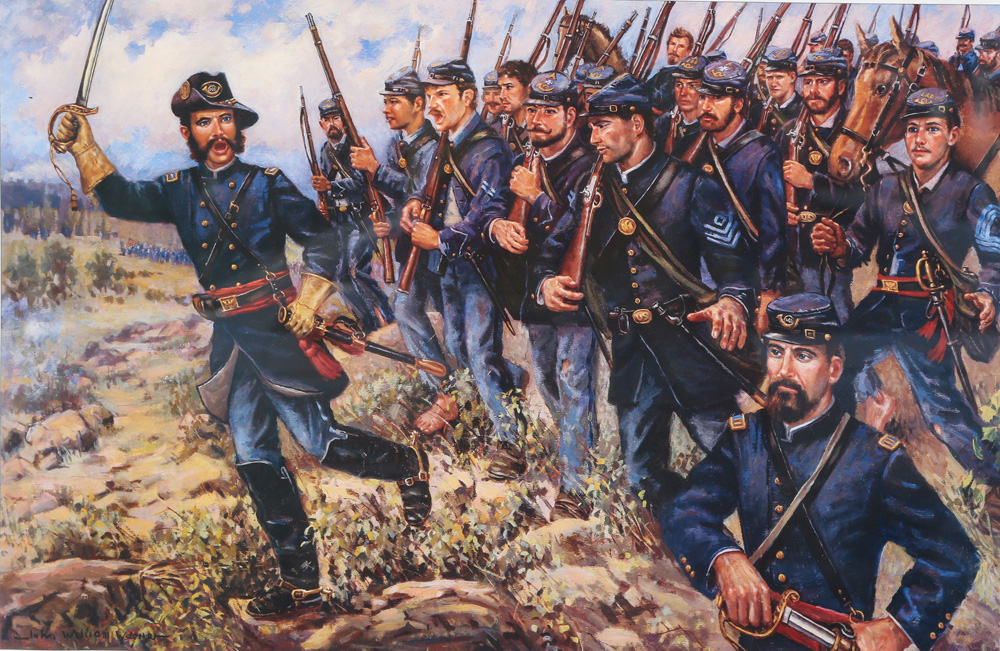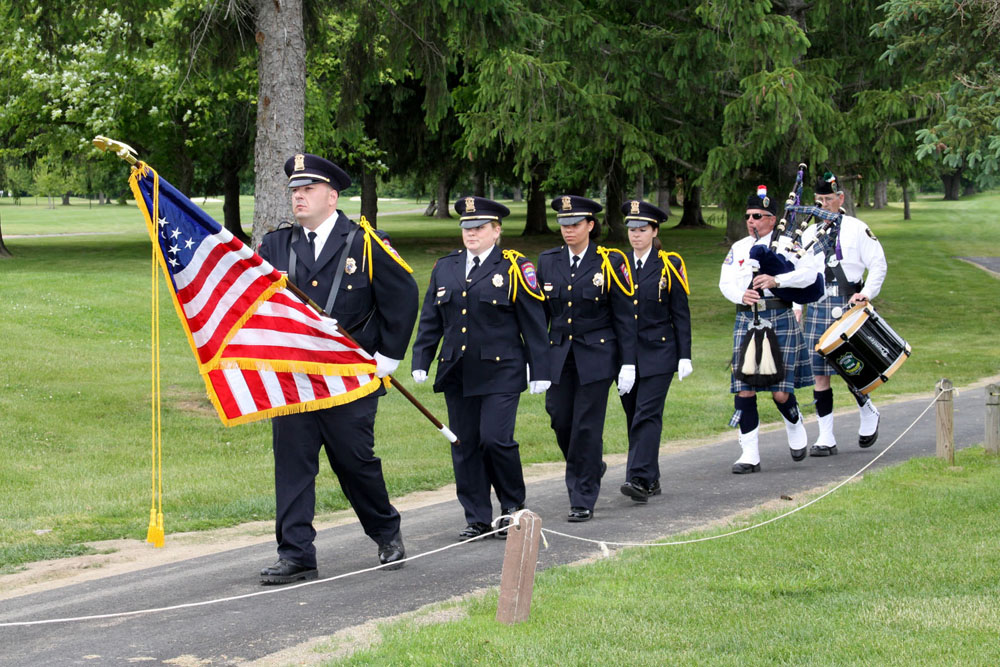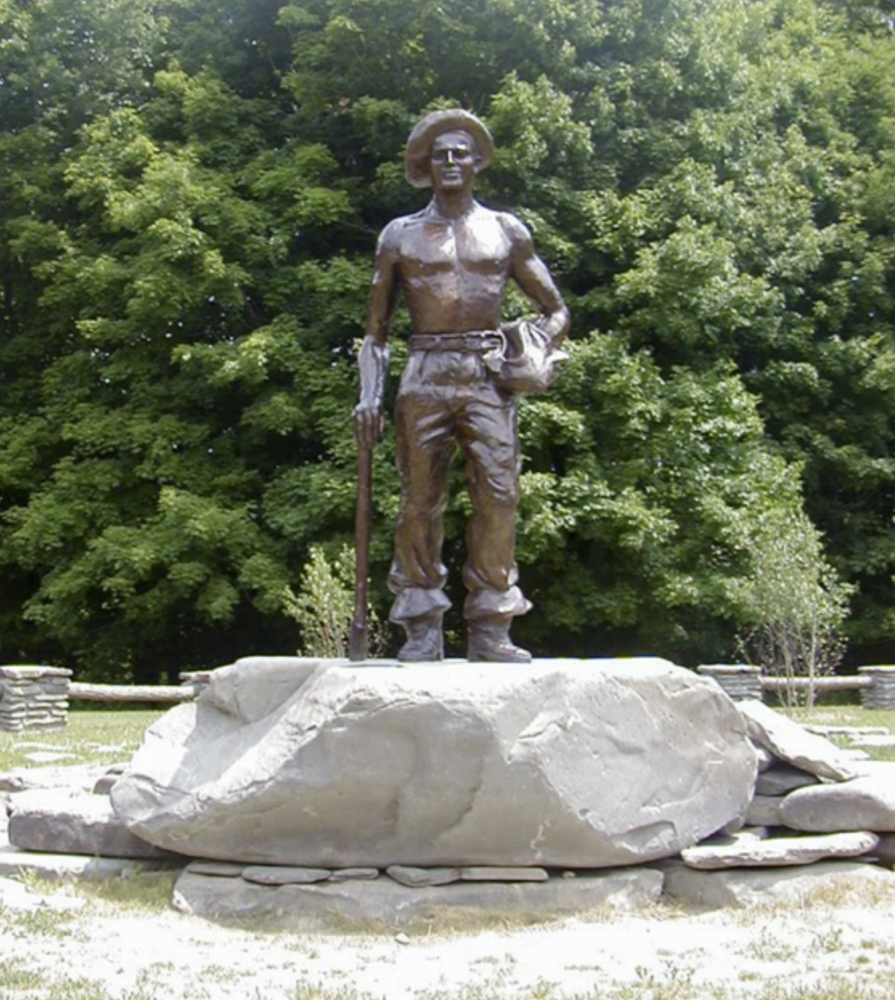A soldier’s story
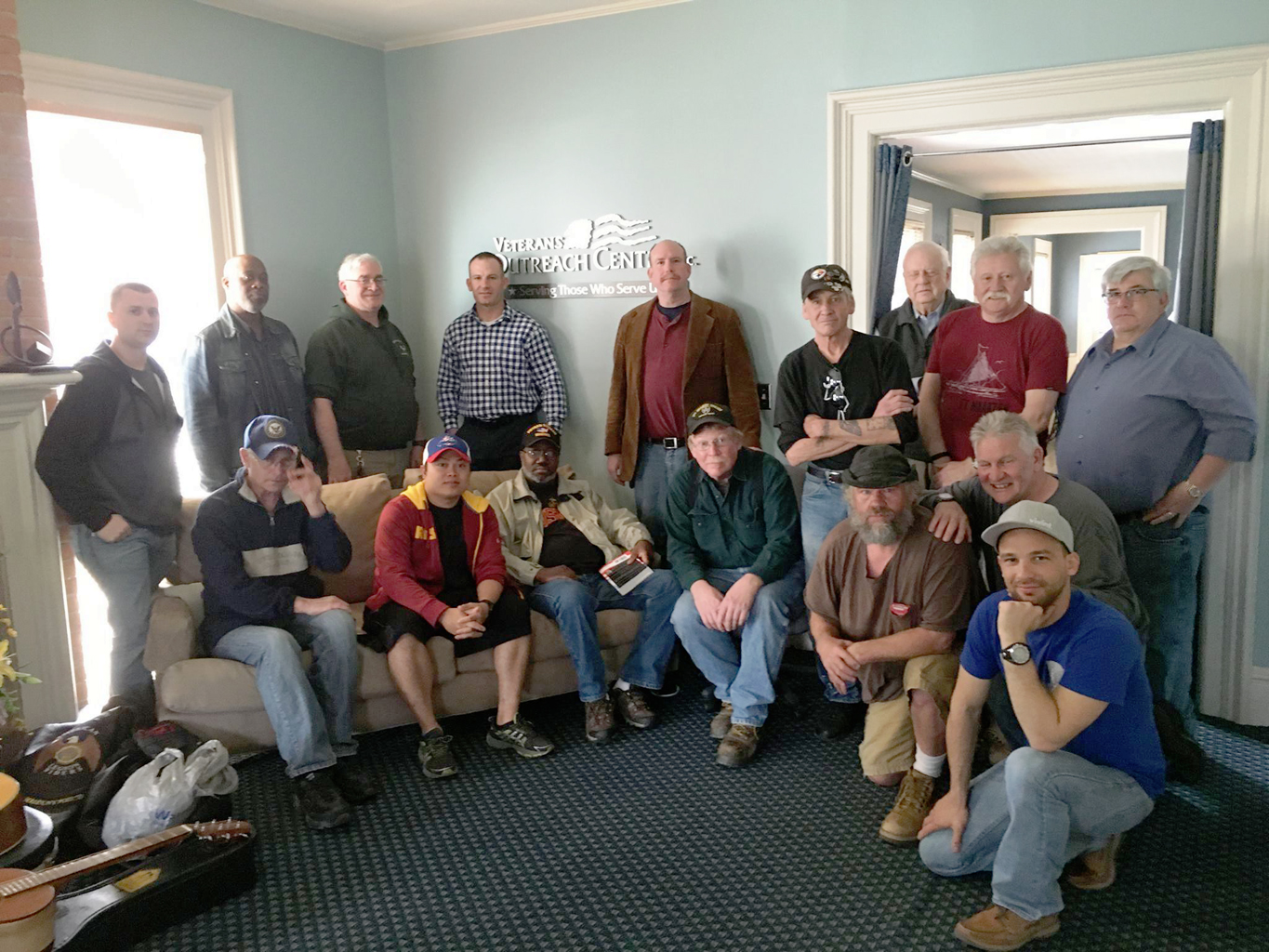
Sean Smith spent his childhood growing up in the 10th Ward in Rochester on Lakeview Park. A year after graduating from high school he went onto college and spent a year at Oneonta. Sean drank alcohol like many college students do; after a year of the college lifestyle he felt a calling to do more with his life.
His grandfather served as a Fighter Pilot in WW2 and his Dad served in Vietnam. Sean felt serving the country would give him the purpose he was seeking. He hoped to join the Army and go right into Ranger School to become part of one of the world’s most elite fighting forces. But at the age of 21, when Sean enlisted, he did not qualify for Ranger school. A physical revealed that he had internal bleeding which made him ineligible for Ranger School. He believes the internal bleeding was caused by heavy drinking.
Sean joined the Army for a four year enlistment (1999-2002) and spent most of his time in an infantry unit serving in Alaska. The Army was a good fit for Sean. Immediately after his four year enlistment, he enlisted in the National Guard. He received promotions and accolades such as “Post Soldier of the Month.” He also enrolled at MCC as a History Education major and took a position in the Honor Guard to perform military burial services.
About six months after returning home, Sean began to drink heavily. Despite his drinking, he continued performing well in the National Guard and maintained an A average in college. After the 9/11 tragedy Sean was called up. He moved to the Syracuse base and spent almost two years there. He limited his partying to the weekends.
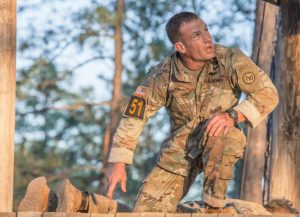
He began to feel more depressed and more anxious and his addiction to alcohol continued to grow. In 2007 Sean was activated for deployment to Afghanistan. The deployment forced Sean into a temporary state of sobriety. During deployment he became healthy and strong. “The opposite of addiction is connection,” Sean said. He found connection and comradery with his soldiers working and training together.
At the end of Sean’s deployment in 2007 he returned to Rochester. His drinking resumed shortly after coming home. After Sean graduated from MCC, he continued on at The College at Brockport for a bachelor’s degree. He stayed passionate working the Military Honor Guard, taking pride in the position and up until now it had always helped him be accountable with his drinking. Soon his addiction began to take on a life of its own and it began to creep into the areas of his life he was always most disciplined with. Sean recalls, “I was no longer the fun loving drinker, drinking became my full time job.” This downward spiral did eventually cost Sean his job in the Honor Guard, loss of his relationship, and later the loss of his home. He was unemployed and was sinking deeper into his dark depression.
Sean’s family and friends became increasingly concerned with his drinking. Despite his relapse, they were incredibly supportive of helping him get sober. His Dad and some friends held an intervention. Sean willingly agreed to be admitted into in-patient addiction treatment.
After another relapse, the turning point for Sean was that he was finally admitted into the Bath VA Domiciliary program. They addressed his addiction and worked on his anxiety and depression. Although this was not Sean’s last relapse or rehab stay, it was the turning point where Sean began to understand what caused his relapse and recognized the positive steps that would support his recovery.
The recovery communities and Sean’s active lifestyle were critical to helping him combat the depression, anxiety and the alcoholism.
Sean had another Middle East deployment to Kuwait. He looked forward to it; he missed the satisfaction and accountability his overseas deployments brought him. Sean went on to serve another tour. His sobriety again became derailed when he returned home. This time after his rehab stay he did not return to his family, he moved into the Richards House, a home owned and operated by the Veterans Outreach Center.
The Richards House serves male veterans who are homeless or in a time of transition. “The Richards House was the best thing that ever happened to me,” Sean said. In the Richards House, Sean met a strong group of guys doing all the right things. They took him under their wing.
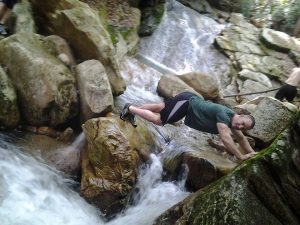
Mt. Marcy. Provided photo
Patrick Mullin, a veteran of the Air Force, was someone Sean met and bonded quickly to. After these connections, Sean recalls his recovery moving from his head to his heart. The Richard House transitioned Sean to the Colgate House and Sean began to learn to understand what it was like to live in recovery.
As Sean became more rooted in his recovery, good things began to come back to his life. He began to use the experiences from his journey to recovery to give back to others. He went back to college to become a Drug and Alcohol Counselor. He then became employed by the Veterans Outreach Center to help find housing for veterans. Sean continued working on his recovery, and continued with his work and the National Guard.
In 2014, Sean’s dream of being a Ranger came true. This is highly unusual, he was 37 years old. Sean continued giving back. He co-founded a program called Battle Buddy’s at the Veterans Outreach Center. The Battle Buddy program was set up to be a peer-to-peer mentoring effort combined with a social interaction component for veterans, service members and their families. Sean’s hard work and commitment was recognized at the 2016 Stars and Stripes Annual Gala.
Sean and his fiancé Yana started an outdoor recovery activity group ROC-overy Fitness. ROC-overy Fitness Outreach Center is located at 1035 Dewey Avenue in Greece. It is a non profit organization and all programs are free and open to anyone with 48 hours of continuous sobriety.
At an age where most infantry soldiers begin to retire, Sean, who is 40, was invited to compete in the Army’s premier challenge: The 2017 Best Ranger Competition. Sean was one of 106 chosen in the world to participate in this ultimate challenge. The challenge is a 62 hour physically and mentally grueling event testing the Ranger graduates’ skills and endurance. Sean’s team finished and took 18th place in the challenge.
Sean continues serving, he feels strongly about helping veterans who are struggling and in transition. He actively works at shattering the stigma of addiction by being a living example that you can overcome addiction and be the best version of you. “I want to show that life happens in recovery,” he said. For more information on the Veterans Outreach Center or ROC-overy Fitness, visit veteransoutreachcenter.org or rocoveryfitness.org.


